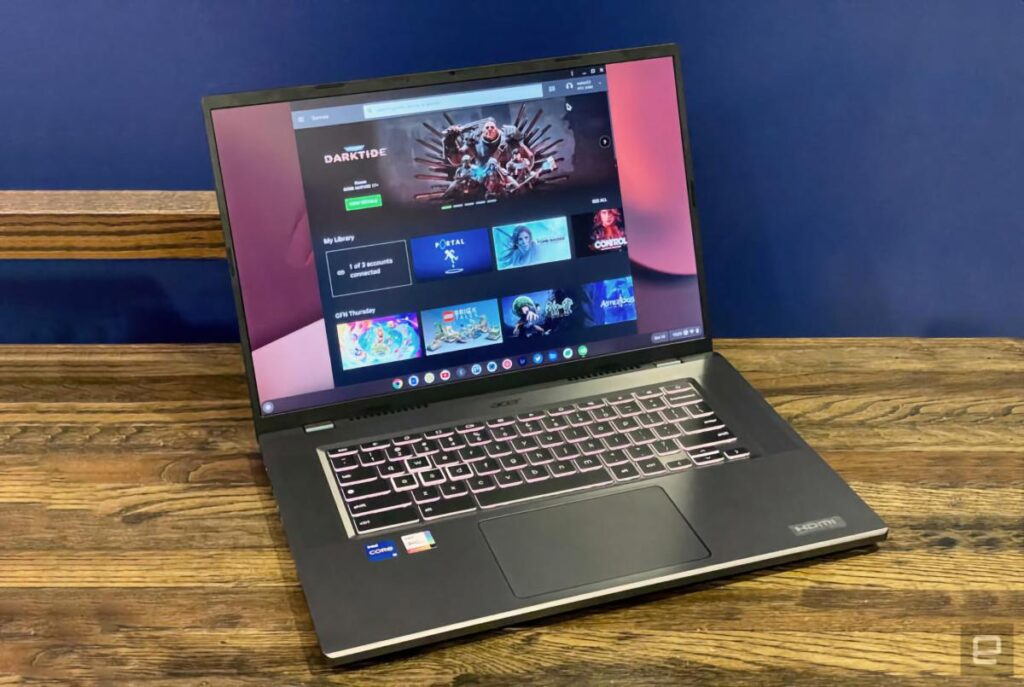Google is making some significant changes to ChromeOS, the operating system that powers Chromebooks, but the changes might not be easy to notice. Future versions of the OS will place more of an emphasis on the same technologies that Android is based on. More specifically, Google has said that it will “adopt parts of the Android stack, including the Android Linux kernel and the Android framework, as part of the foundation of ChromeOS.”
The ChromeOS and Android teams have already worked together to enable features like the ability to run Android apps on Chromebooks, and the ChromeOS team has even adopted Android's Bluetooth technology.
There are several reasons for the move, including engineering efficiencies and improved compatibility of Chromebooks with smartphones and accessories. Google says it will “continue to deliver the unmatched security, consistent look and feel, and extensive manageability that ChromeOS users, businesses, and schools love.”
Another big reason for incorporating more Android tech into ChromeOS is to enable more AI features. Google says this approach will allow it to roll out new AI tools to more devices faster and at scale. Given that Android devices are where many users interact most frequently with the company's AI products outside of Search, G Suite, and Gmail, it's no surprise that Google would want to bring some of that same know-how to ChromeOS.
Don't expect the results of this work to hit Chromebooks anytime soon, though: Google says that while work under the hood is starting now, the upgrade “won't be available to consumers for some time.” The company promises a “seamless” transition once the overhauled ChromeOS is ready for primetime use.



